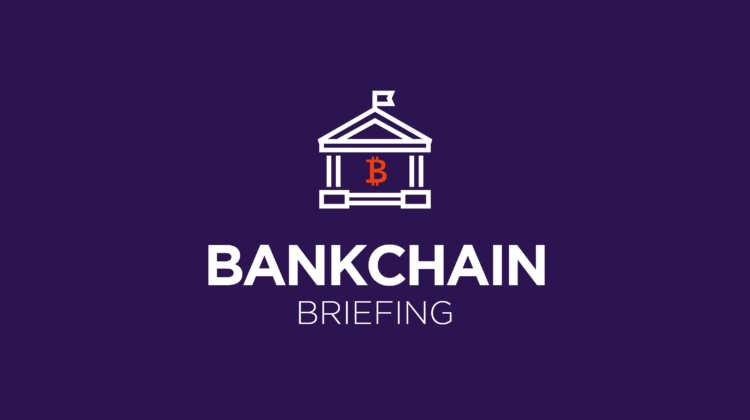Blockchain and Crypto, Member Exclusive
Bankchain Briefing: ‘We’re thrilled to dispel the myth that crypto is just for men’ – SDF’s Denelle Dixon
- This week, we examine research that shows the growing awareness, ownership, and use of crypto for cross-border payments.
- We also look at the beta version of Coinbase’s long-awaited NFT marketplace.








